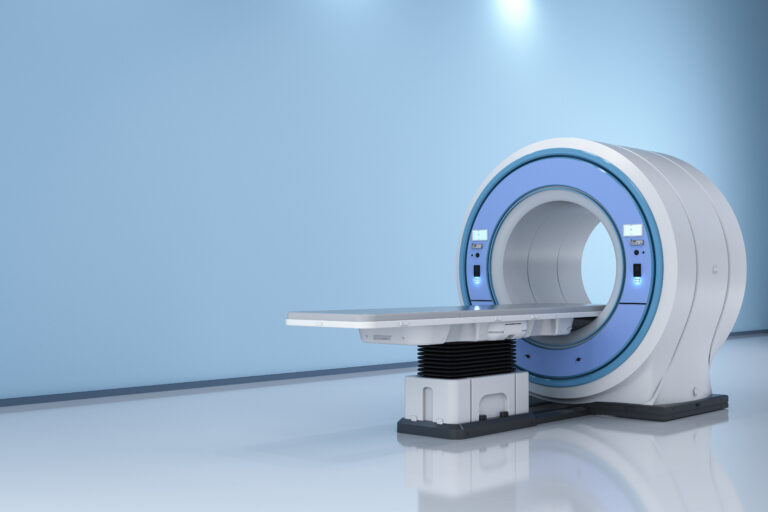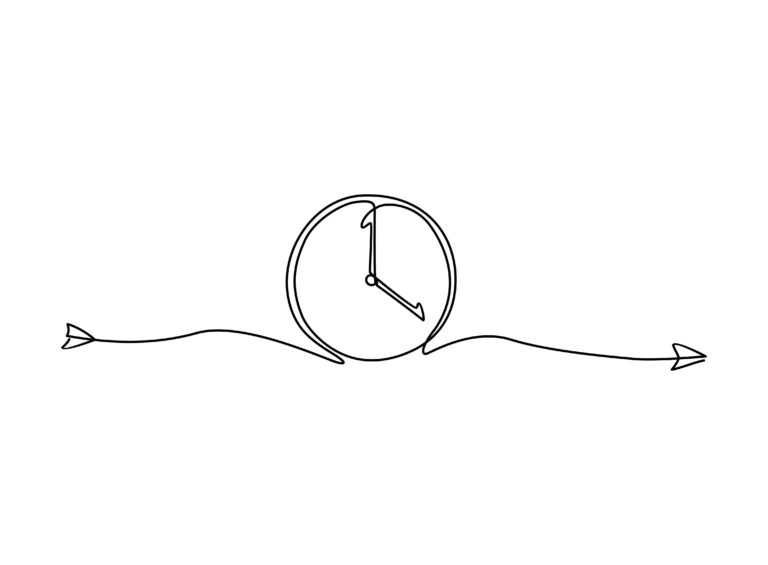
Choosing between a mini tablet and a phone for the elderly, especially those with dementia, depends on their specific needs, preferences, and capabilities. Here are some considerations to help you make an informed decision:
1. Screen Size and User Interface:
- A mini tablet generally offers a larger screen than a typical smartphone. This can make it easier for individuals with dementia to navigate and interact with apps, messages, and content.
- Larger icons and text on a tablet screen may be more accessible and less confusing for individuals with cognitive challenges.
2. Ease of Use:
- Both mini tablets and smartphones have touch interfaces, but a tablet’s larger screen may be more forgiving for users who have difficulty with fine motor skills or precision touch.
- Some tablets have simplified user interfaces or custom launchers that can be set up to provide a more straightforward user experience.
3. Functionality and Apps:
- Tablets typically offer a broader range of apps and functionalities compared to basic phones. This can be beneficial for entertainment, cognitive stimulation, and communication.
- Consider the specific apps that the individual might find helpful or enjoyable. For example, memory games, music apps, video calling apps, and reminder apps can be beneficial for individuals with dementia.
4. Portability:
- A smartphone is generally more portable and can easily fit into a pocket or small bag. If the individual is on the go frequently, a smartphone might be more convenient.
- A mini tablet might be better suited for home use or in a specific location, as it may not be as easy to carry around.
5. Communication:
- Both devices can facilitate communication, but a smartphone’s portability can make it easier to stay in touch while outside the home.
- Video calling on a tablet’s larger screen might provide a better visual experience during conversations.
6. Safety and Security:
- Depending on the device, you can set up safety features such as emergency contacts, location sharing, and remote assistance.
- You might consider devices that allow for remote monitoring or caregiving, which could be easier to set up on a tablet.
7. Cost:
- Mini tablets and smartphones vary in cost, so your budget might influence your decision.
8. Personal Preferences:
- If the individual has prior experience or comfort with a particular device (tablet or smartphone), it might be best to stick with what they are familiar with.
In summary, both mini tablets and smartphones have their advantages for the elderly, including those with dementia. A tablet’s larger screen and potentially simplified user interface can be beneficial, especially for cognitive stimulation and entertainment. On the other hand, a smartphone’s portability and communication features might be more suitable for those who need to stay connected while on the go. It’s important to consider the individual’s needs, preferences, and any existing familiarity with technology when making a decision.
As a recommendation, here is a mini tablet we prefer.





